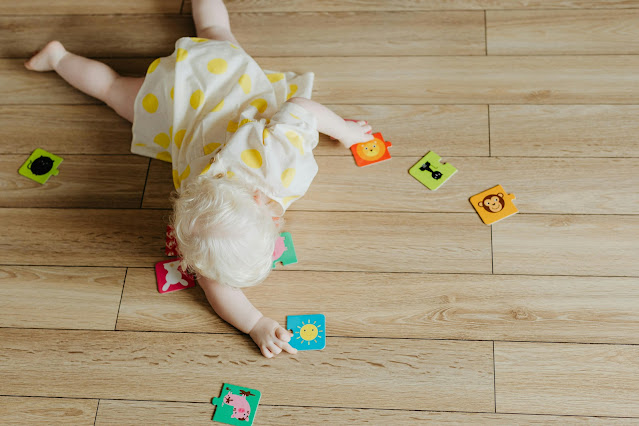Why Do Kids Throw Tantrums? It's Not Just About Spoiling Them
Seing a child throw a tantrum in public can be stressful, and it's tempting to think today's kids are simply more spoiled. But tantrums are actually a normal part of healthy development, and understanding the reasons behind them can help you stay calm and guide your child through those explosive moments.
Big Emotions, Little Words: Young children, especially between 1 and 3, are awash in big emotions – frustration, anger, sadness – but lack the vocabulary to express them clearly. A tantrum becomes their way of communicating that something is wrong, whether they're tired, hungry, overwhelmed, or simply don't understand why they can't have that cookie.
Development at Play: As children develop their sense of independence, they often want to do things themselves. This desire for autonomy can clash with limitations set by parents or caregivers. When their newfound desire for control is met with boundaries, a tantrum can erupt.
The More You Know: While some believe technology is to blame for shorter attention spans and increased tantrums, it's more likely a lack of stimulation or difficulty processing information overload that can trigger an outburst.
Beyond Spoiling: While giving in to every demand might quiet a tantrum in the moment, it doesn't teach children healthy coping mechanisms. Instead, tantrums are a cry for help, a signal that your child needs your support in navigating their emotions.
Helping Your Little One Through the Storm:
- Stay Calm: Your child feeds off your energy. Take a deep breath and remember, this is temporary.
- Acknowledge Their Feelings: Let your child know you understand they're upset. Validate their emotions with simple phrases like "I see you're frustrated."
- Set Clear Limits: While empathy is important, boundaries are necessary. Use firm but gentle language to explain what's not okay (hitting, yelling) and offer alternatives.
- Distract and Redirect: Sometimes, a change of scenery can work wonders. Try offering a different activity or suggesting a quiet cuddle time.
Remember, tantrums are a stage, not a character flaw. By staying patient, setting clear expectations, and offering support, you can help your child develop healthy ways to express their emotions and navigate the world around them.





Post a Comment for "Why Do Kids Throw Tantrums? It's Not Just About Spoiling Them"